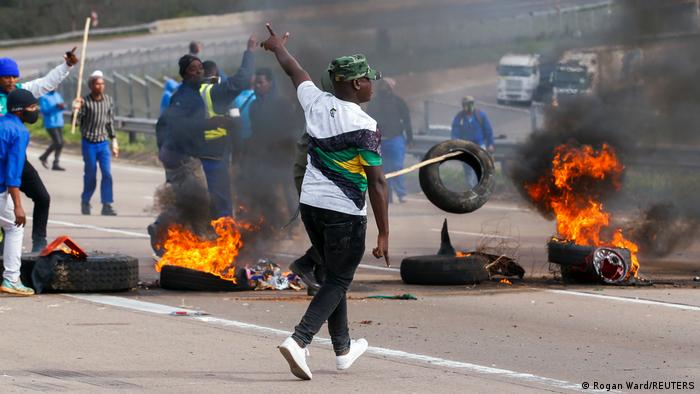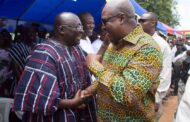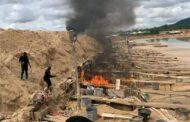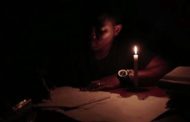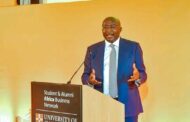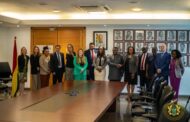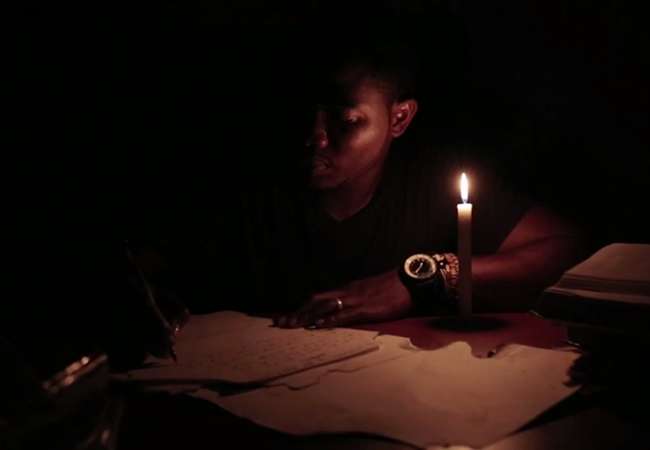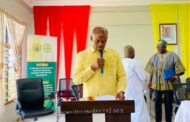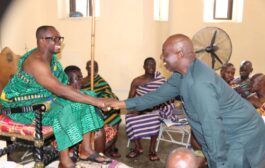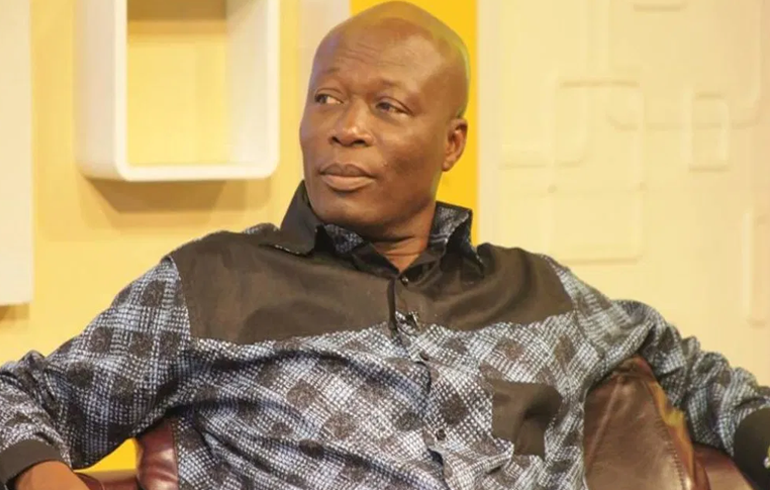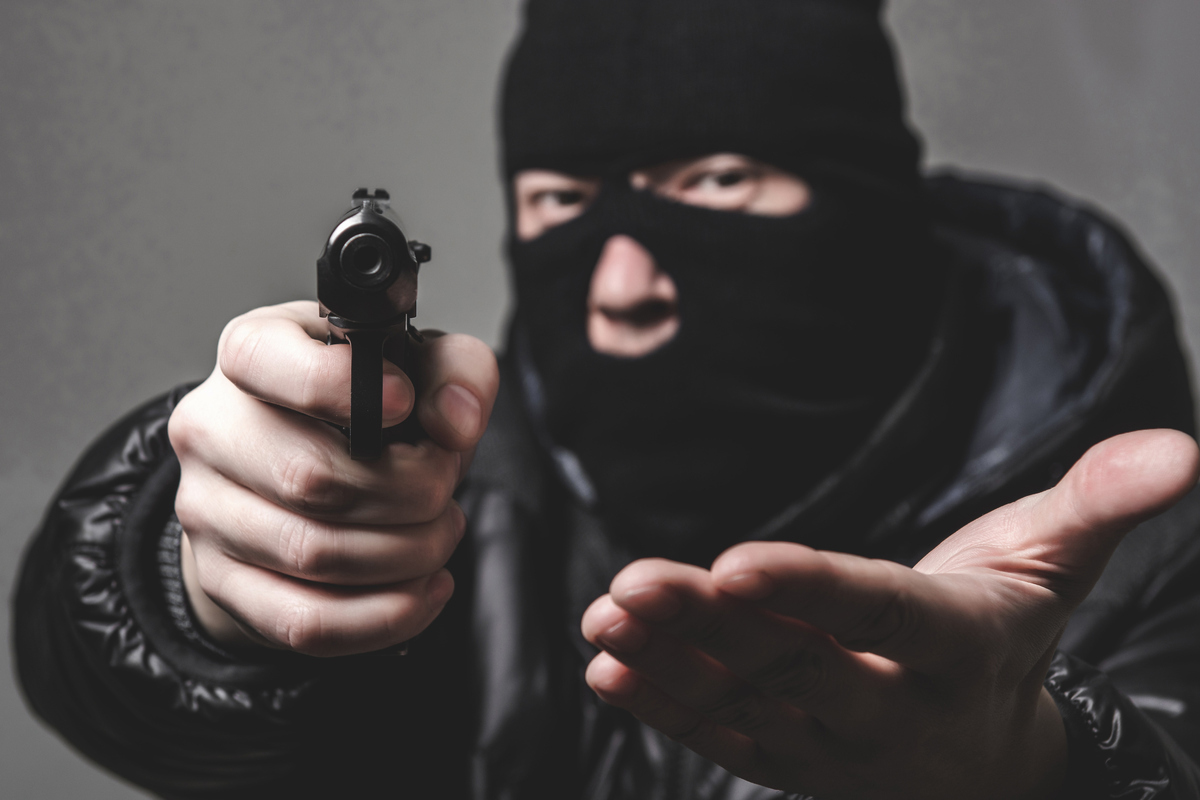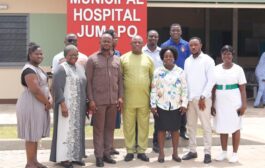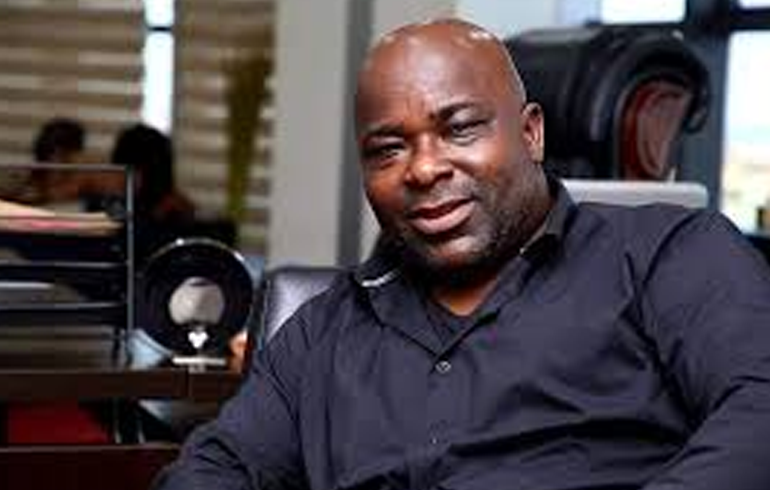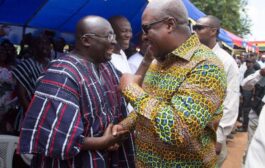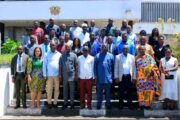The catalyst was the arrest last week of Zuma, with his supporters blockading major roads – the economic arteries of the nation – as they demanded the release of their political hero.
Low income levels and unemployment – standing at a record high of 32.6% among the workforce and even higher at 46.3% among young people – are seen as the ticking bombs that have exploded.
Many South Africans have been shaken by the riots that have swept through Zuma’s political heartland of KwaZulu-Natal and the economic hub of Gauteng. And many feel that his successor as president, Cyril Ramaphosa, has failed to provide decisive leadership – either to calm anger over Zuma’s imprisonment or to reassure South Africans that they will be safe.
Mr Ramaphosa was accused of belatedly deploying troops – and only 2,500 of them compared with the 70,000 he deployed to enforce a nationwide lockdown to curb the spread of Covid-19 last year.
But there is no agreement over the deployment – the Economic Freedom Fighters (EFF) opposition party has opposed it, saying the solution lay in “political intervention and engagement with our people”.
Many residents in affected areas have remained at home, and some have formed what local media call “defence squads” to protect their neighbourhoods and businesses as looting continues.
There is no doubt that the unrest is the biggest security challenge that Mr Ramaphosa has faced since he became president in 2018, and it is bound to worsen the economic crisis, already hit by the pandemic, as many businesses, including shops, warehouses and factories, have been destroyed.
Video footage shows that even a blood bank was looted in the coastal city of Durban, as Mr Ramaphosa addressed the nation on Monday night.
Source: BBC



